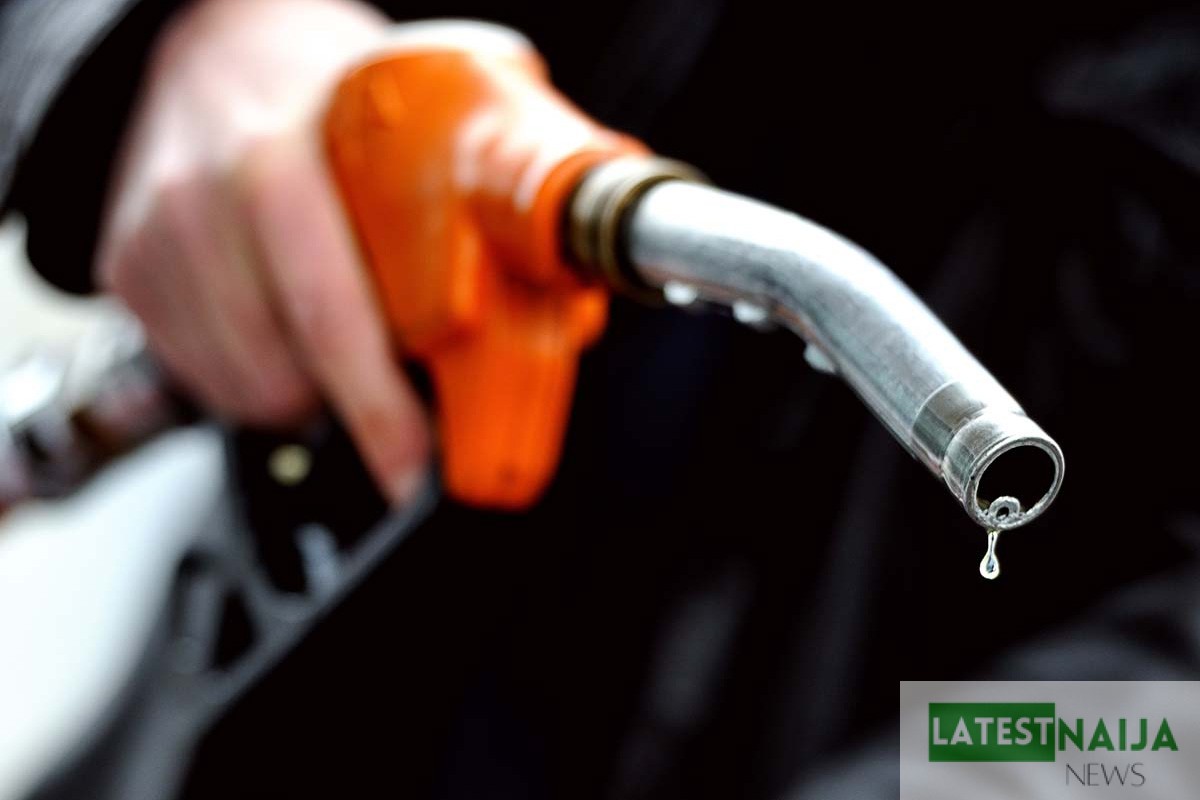In a concerning development for consumers and the Nigerian economy, global crude oil prices surged to $95.70 per barrel on Monday, up from the weekend’s $94 per barrel.
 This uptick, coupled with inflation and the depreciation of the Naira, has triggered an increase in the price of imported fuel on the global market.
This uptick, coupled with inflation and the depreciation of the Naira, has triggered an increase in the price of imported fuel on the global market.
The latest report released by the Organization of Petroleum Exporting Countries (OPEC) has confirmed this significant jump in the price of the OPEC Basket, which consists of a mix of crude oils from various member countries. The OPEC Basket now stands at $95.70 per barrel, marking a notable increase from its previous valuation of $94.
Oil traders, keenly observing these developments, have predicted that refiners will be compelled to pass on the elevated cost of crude oil to fuel importers, including Nigeria. Nigeria, which depends entirely on global markets for petrol imports, faces the imminent impact of this price surge.
To compound the issue, the increased cost of fuel imports will necessitate more Naira for transactions. Currently, the Naira is trading at an exchange rate of N950 to the United States dollar. The ongoing scarcity of the dollar is exerting a significant strain on the nation’s economy.
While the National Operations Controller of the Independent Petroleum Marketers Association of Nigeria (IPMAN), Mike Osatuyi, could not be reached for comments, an authoritative industry insider, who chose to remain anonymous, stated, “The price of crude oil continues to surge on the international market. At N950 per US dollar, foreign exchange poses a major challenge that could push landing costs to more than N600 per liter, up from the previous N500 per liter.”
“Furthermore, fuel subsidies have surged to over N160 per liter, compared to the previous N150 per liter. The market is grappling with instability, and this is why oil marketers have been unable to import the product for several months, even after the market’s deregulation.”
This latest development echoes similar concerns raised in August 2023 when crude oil prices soared by 7.5 per cent, reaching $85.89 per barrel, compared to the July 2023 figure of $79.92 per barrel. This, coupled with the Naira’s depreciation to N775 per dollar in the official market and the persistently high inflation rate of 22.79 per cent, has collectively driven up the landing cost of petrol to a staggering N600 per liter in the domestic market.
It is important to note that this landing cost does not account for additional expenses, such as depot-related charges, transportation costs, and marketers’ margins. Consequently, the total cost of fuel at filling stations is projected to exceed N700 per liter.
As the Nigerian economy grapples with these challenges, consumers and stakeholders are left with growing concerns about the potential consequences of these fluctuating global oil prices on their daily lives and the nation’s economic stability.


Comments are closed.